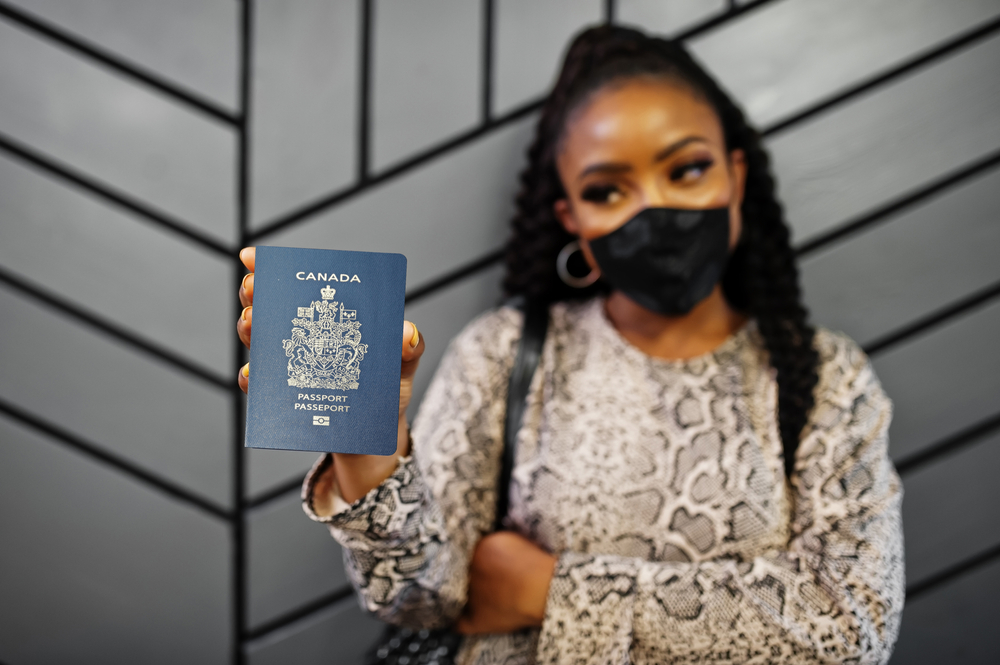Will Trudeau Call a Federal Election Late Again?
There appears to be a bit of a stir in the news as speculation floats around the issue of the fall 2021 elections. Some are saying that Prime Minister Justin Trudeau is planning to have the elections held as planned. But much remains to be seen as to the overall success of the vaccine. Will more people get it, and will there be enough doses available for everyone?
Another potential factor to consider is Trudeau’s popularity among the Canadian people. When he was first elected in 2015, Trudeau won in the majority, but by 2019, all of that waned as he obtained only a mere minority vote. Yet he recently got his groove back when his popularity soared back up among Canadian voters, and that boosts hope for his political future and the future of Canada.

Late elections will have an impact on new immigration policies in Canada, as the government strives to choose candidates for programs such as the Express Entry and the Provincial Nominee Programs. More programs and new policies may come into play if Trudeau decides to call elections as soon as September of this year. Since the new government won’t be sworn in until January of next year, this could give lawmakers enough time to reconsider current immigration goals and make the necessary improvements.
What Next For Canada?
It appears that the United States has served as a bit of an inspiration for Canada to reopen, with its own vaccine programs targeting everyone in the general population. Things have improved so rapidly between the two nations and it does seem as though travel between the U.S. and Canada may be soon to resume. This will impact Canada’s immigration policy and the country may be able to meet its goals once again.
Thanks to the pandemic nearing the end, immigration programs can now be expanded to reach those outside of the Canadian Experience Class and the Provincial Nominee Program. Attracting more candidates is getting easier, and this creates greater wiggle room for more immigration opportunities.
Due to measures by the IRCC, there have been temporary policies in place that have paved the way for six new immigration programs. These programs are aimed at allowing graduates and essential workers top priority for citizenship. There were 40,000 applications from the International Graduate stream, which exceeded the number of applications from essential workers.
Changes to programs such as the Municipal Nominee Program are due to efforts being made by Mendicino that call for an end to application fees. The Parents and Grandparents Program is expected to follow the same format from 2020 where candidates will enter a lottery. If these plans continue to work out, then the nation is expected to reach its original goal of 400,000 permanent residents every year going forward.






